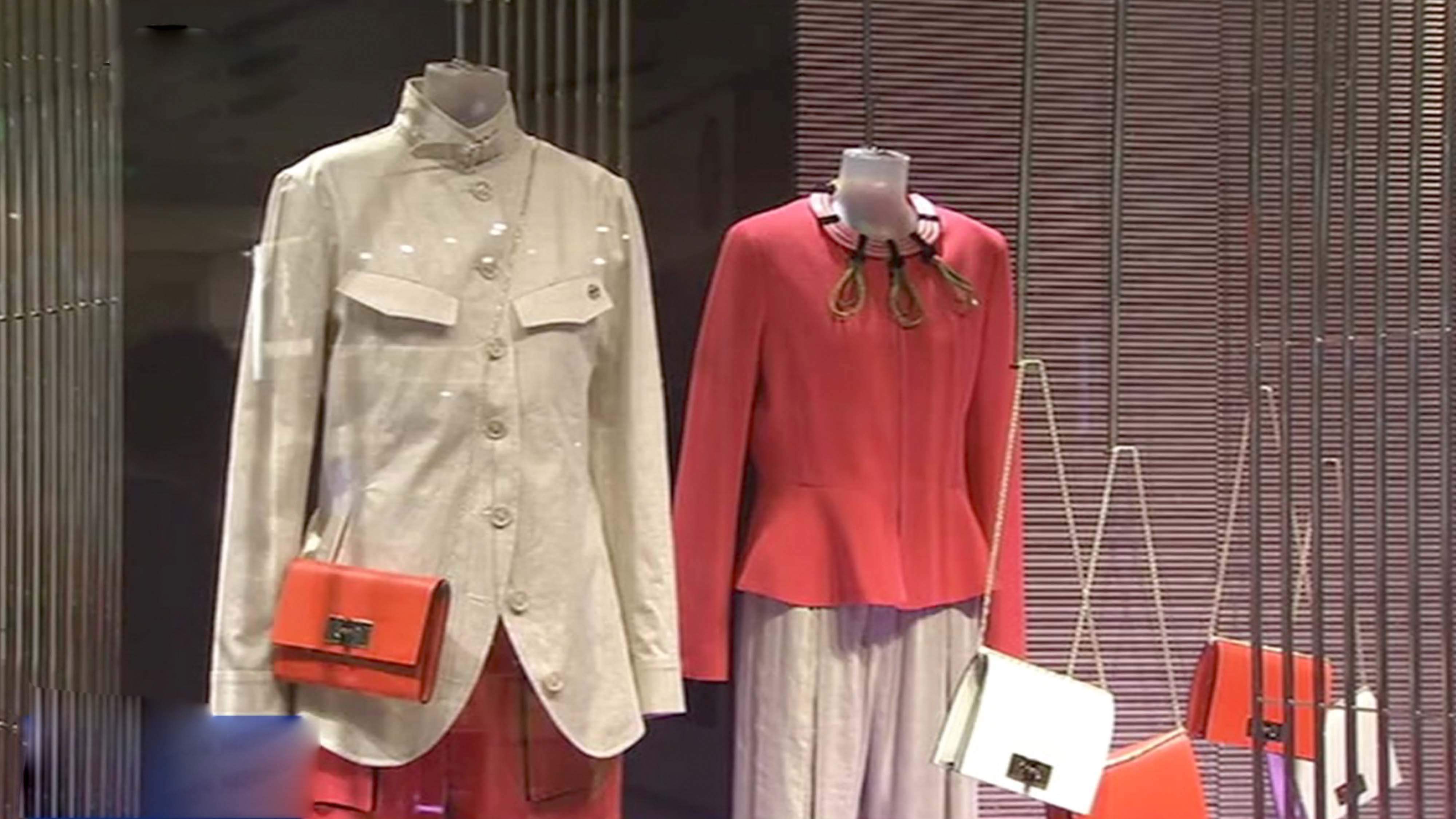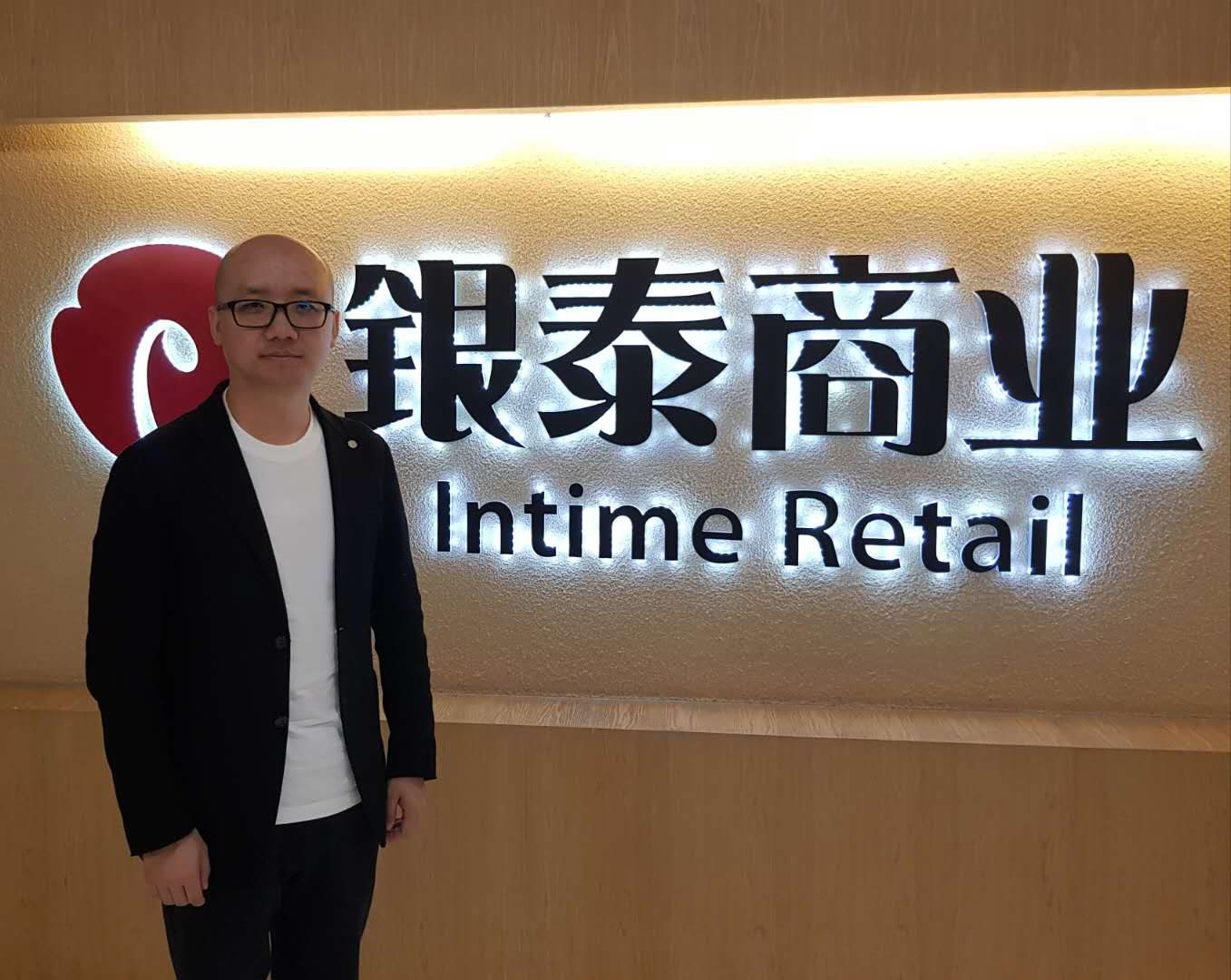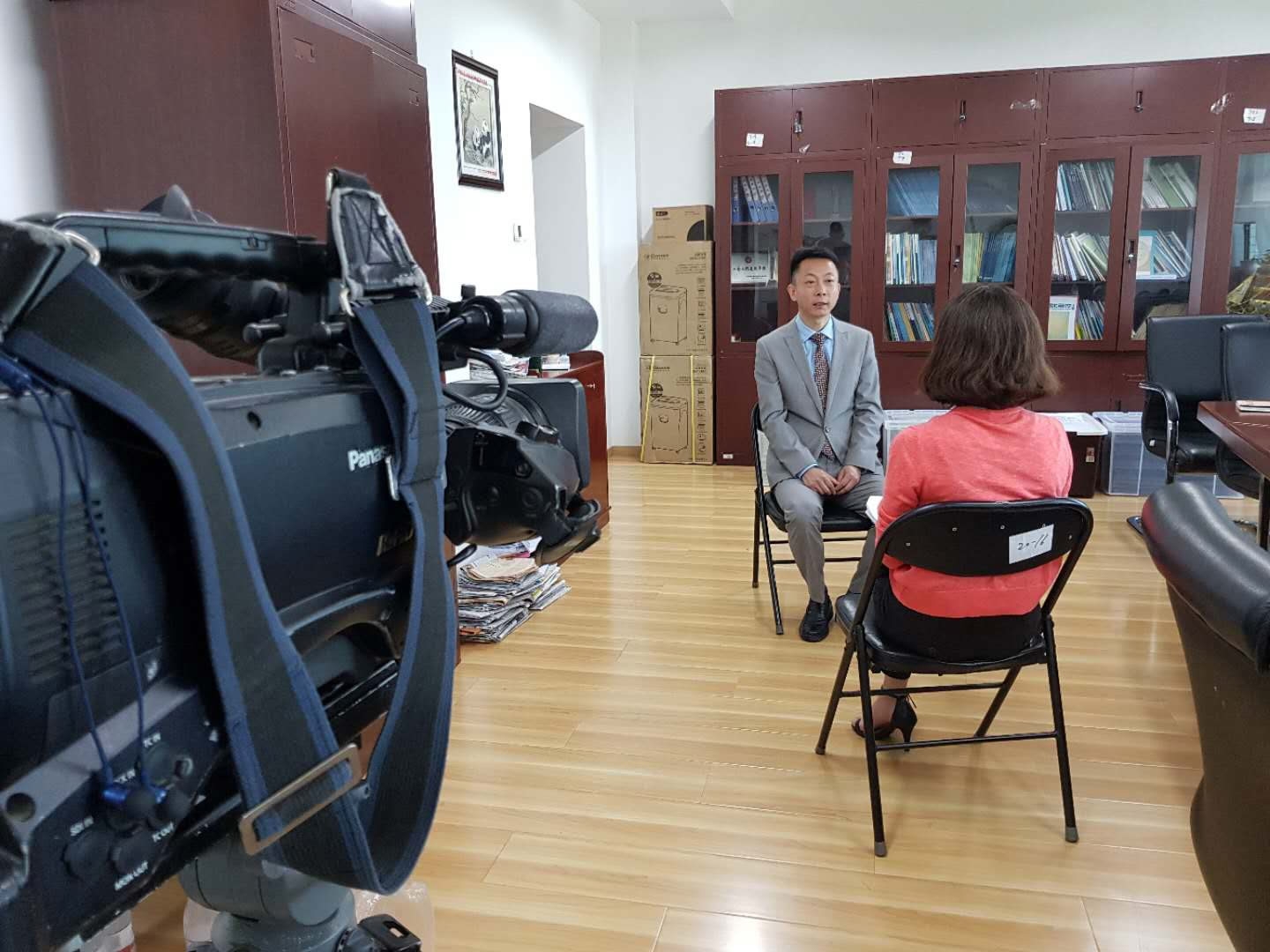
Business
22:34, 07-May-2018
Will Chinese department stores keep up?
CGTN‘s Wei Lynn Tang
03:19

China’s retail sales of consumer goods have grown at a commendable rate – at an average of over 11 percent from 2013 to 2017 – outpacing that of the country's GDP growth rate. This is partly thanks, or no thanks to booming online retail sales, which have hurt physical players including department stores.
After years of lackluster sales and falling profits, however, think tank Fung Intelligence Group said China’s department store sector saw a positive rebound in 2017, with some signs of stable recovery.
Among players which have sought to construct omni-channel business models and enhance customer experience is Intime Retail Group, now a wholly-owned subsidiary of Alibaba Group.
Kaven Yan, chief technology officer of Intime Retail said the group has maintained price harmonization between its brick-and-mortar stores as well as its online offerings via Tmall.
“We do not want our customers to feel as if they got cheated after buying something where there is a price difference,” Yan said.
“At the end of the day, we have to go back to the essence of what retail is—to enable customers to buy what they want, at a price that's reasonable.”

Kaven Yan, CTO of Intime Retail. /CGTN Photo
Kaven Yan, CTO of Intime Retail. /CGTN Photo
Kaven Yan said Yintai has experienced huge changes in the past year, where its members, marketing efforts and other transaction services have all come “online”, with the integration of e-commerce with its retail stores.
New retail: Adapt or lose out
While some players have started to benefit from integrating their online and offline sales channels, some other department store operators are still struggling.
Liu Chunsheng, associate professor with Central University of Finance and Economics said the differentiated performance of department stores in China comes as some refuse – or fail – to adapt to new changes in the retail industry.
“Whilst some are trying to positively embrace it, to reform their business models by using internet and big data. These players are seeing a rebound,” Liu said.
New Retail, according to Intime Retail’s Yan, is essentially one word, but two concepts.
“China’s department store sector right now is not really retailing – it is [mostly managing of] real estate where their main responsibilities are in marketing and promotion. Retailers’ role, on the other hand, is in choosing products and setting the prices. Yintai is heading towards the latter direction,” Yan said.
Yan said with the entry of internet and e-commerce, in the future all products will be sold online.
This, to him, is the biggest change agent that will transform the world’s retail landscape.
But with this comes challenges. “How can we quickly train and develop the right people to embrace this new organizational form.”
Is there a need still for department stores?
Both Yan and Liu said there is still a need and place for department stores in China’s retail market – even with the rapid rise in e-commerce platforms and logistics.
“No matter how this society continues to develop, there will still be a need for social interaction between people,” Liu said.

Liu Chunsheng, associate professor with Central University of Finance and Economics./CGTN Photo
Liu Chunsheng, associate professor with Central University of Finance and Economics./CGTN Photo
Liu said department stores that have adapted to using big data to understand their targeted customers better have yield good results.
However, Liu emphasized the need for department stores to be attentive towards changes as consumption landscape is changing. First and foremost, he said consumption upgrade has Chinese consumers wanting a better experience and higher quality products.
“Secondly, the shopping center has to be a one-stop service center – it should be comprehensive, including shopping, restaurants, refreshment, entertainment, parking, and education… a place where parents can bring the children to learn playing the piano, art, sports.”
As for Intime Retail’s Yan, he brought to light this saying he came across from a customer years ago: “A mall is a cathedral that meets the desire of human beings.”
All that said, Yan believes there will be more market consolidation going forward, with lesser brands in the market as consumers get savvier.
“While the future direction indicates that gross profit margin will decrease, gross profit in absolute amount will increase as retailers seek to service more people, allowing consumers to enjoy lower prices – but still at a high quality.”

SITEMAP
Copyright © 2018 CGTN. Beijing ICP prepared NO.16065310-3
Copyright © 2018 CGTN. Beijing ICP prepared NO.16065310-3